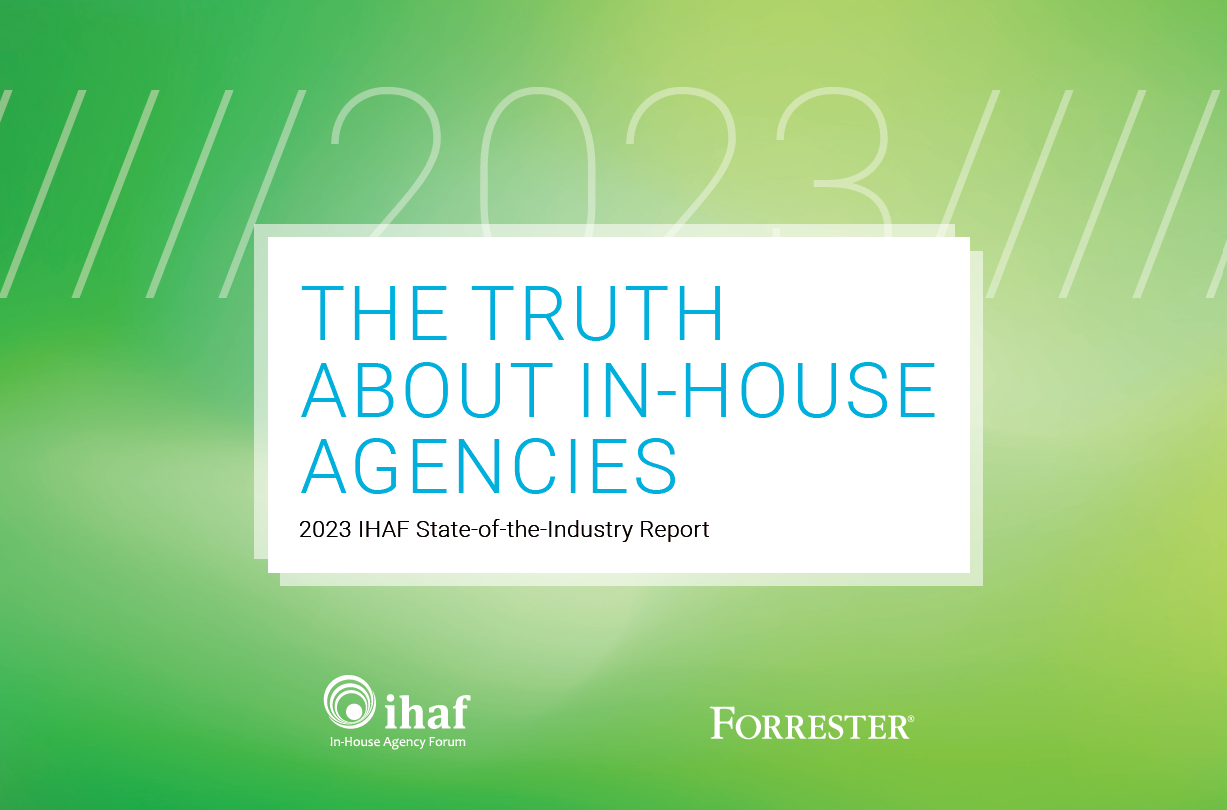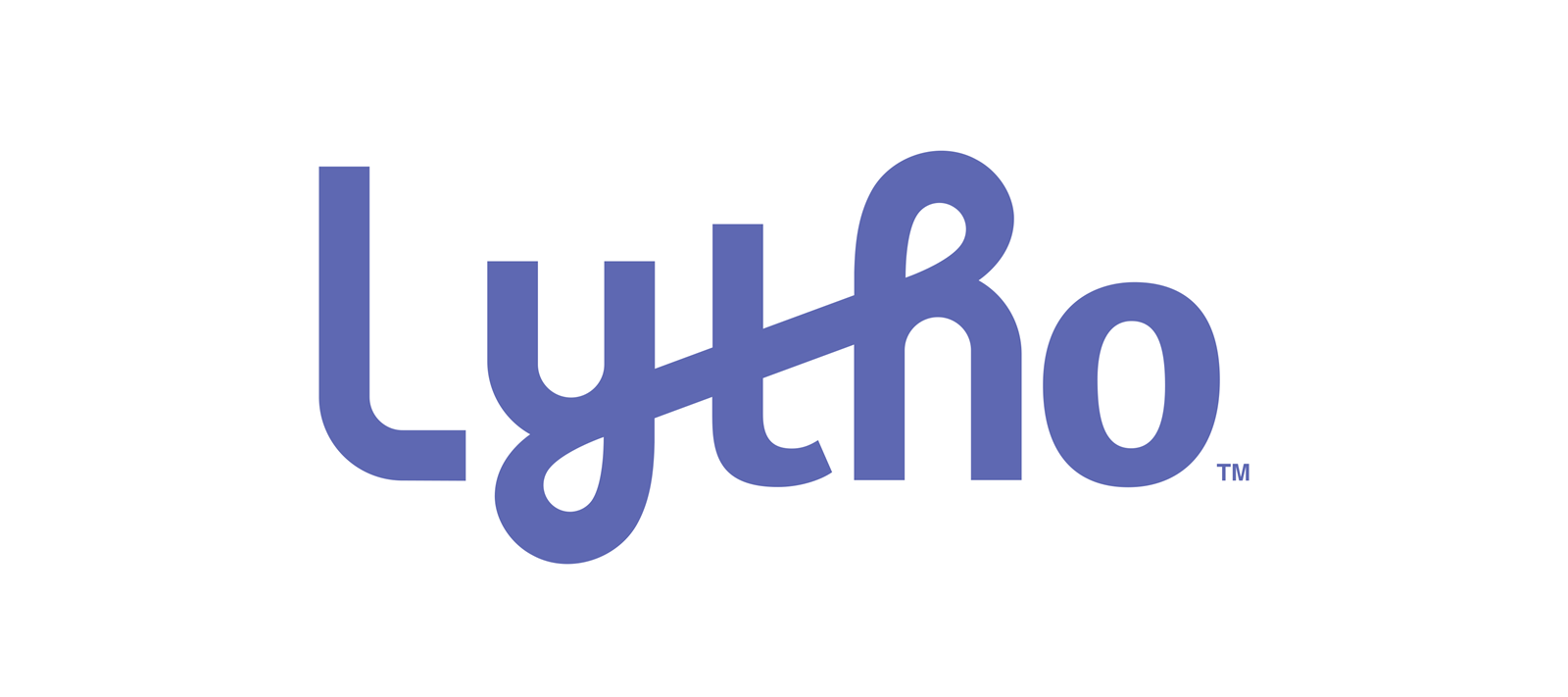Modular Content: A Leading Opportunity for Your In-House Agency

In a May 2021 report, Forrester Analyst Ryan Skinner explained the importance of taking a modular approach to content in order to create meaningful customer experiences at scale. Breaking content into small, reusable chunks helps improve relevance, decrease production costs and times, and ensure compliance with brand standards and guidelines.
But even with all that potential, the transition to modular content often seems to lack a true champion within corporate marketing to guide and shape the evolution. And that's an opportunity ripe for the in-house agency’s taking. There are four reasons why the in-house agency is the right place to define, implement and maintain a modular approach to marketing and sales content.
1. The in-house agency knows the day-to-day life of brand content better than anybody—and can provide the continuity a modular approach to content requires. They understand where content originates (product development, manufacturing, brand management, etc.) and what review process should be executed before a given piece of content is used or reused.
2. The in-house agency is most likely to be channel agnostic—digital or traditional, above-the-line or below, paid, earned, or owned. This makes them the best practitioner to separate content from its design environment and ensure it can be used wherever and whenever it will have the most impact on the customer.
3. The in-house agency has the easiest access to source content and can help ensure its security while maximizing its use. Whether your martech stack has three components or 30, the IHA likely already has access to them of all—and trusted relationships with the groups that run them. This helps smooth the API connections that lie at the heart of a modular approach, which can reduce implementation costs and complexity.
4. The in-house agency is best aligned with the cost-saving benefits that accrue from modular content. As the world opens back up to marketing activities at scale, the urge for efficiency created during the shutdown is likely to persist. Doing more, and doing it faster and better, is a discipline in-house agencies have developed through long, hard years of work. A modular approach to content can help them leverage their advantages to the benefit of their respective teams and brands.
If your brand is beginning to assess the benefits of modular content and asking questions about the best way to get there, it’s important to take an active role. Start by reading the full Forrester Report referenced earlier. It offers excellent background to help you build your own business case. For real-world examples of modular content in action, sign up for Pica9’s monthly webinar.
- advertising,
- agency,
- association,
- brand,
- CMO,
- client,
- communications,
- content,
- corporate,
- creative,
- digital,
- Forrester,
- IHAF,
- in-house,
- inhousing,
- insource,
- internal,
- Kevin Groome,
- leadership,
- marketing,
- management,
- media,
- membership,
- modular content,
- networking,
- Pica9,
- professional,
- Ryan Skinner,
- social,
- trends
Recent Posts

In-House Data: Fact or Fiction?
October 16, 2023
I’m going to be honest with you, which I always am but this time it’s scary honesty. There are a lot of in-house agency research reports out there. And not all of them contain data that are close to the integrity of the studies IHAF publishes—the next of which drops at the IHAF conference on …

IHAF Wrapped
December 20, 2023
One of our favorite things to do at year-end is look back at the events, presentations, and online resources our members tapped most. (Why should Spotify have all the fun?) Here are a few of your favorites in 2023:
• New Assortment of Org Charts Download • Updated Job Profiles …



















%20(1).pdf%20-%20Copy.jpg)

%20(1).png)


No Reader Comments